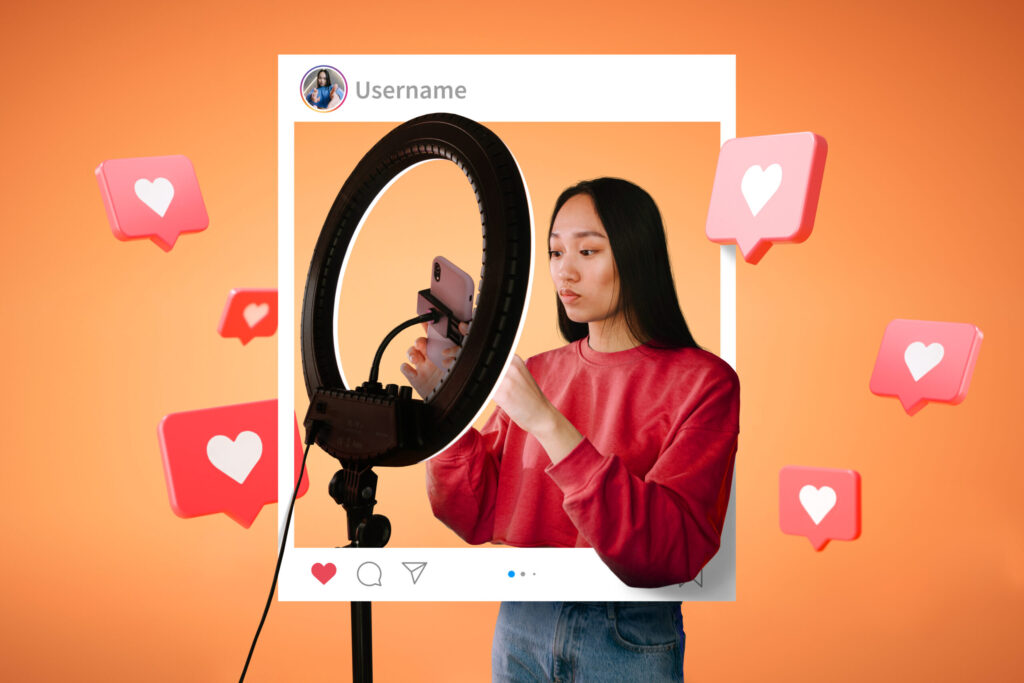Influencer marketing has evolved from a nascent trend into a sophisticated and essential component of modern digital strategy. Its maturation is marked by a clear departure from a transactional, celebrity-focused model towards one built on genuine, long-term partnerships and the strategic leveraging of micro-influencers. This shift reflects a deeper understanding of consumer psychology, where authenticity and trust are paramount in driving purchasing decisions and brand loyalty.
The early days of influencer marketing often centered on high-profile celebrities and social media stars with massive followings. While this approach offered broad reach, it frequently lacked the genuine connection that consumers crave. Today, brands are recognizing that a large follower count does not always translate to a high engagement rate or a truly receptive audience. This has led to the rise of the micro-influencer: individuals with a smaller, more dedicated following, typically ranging from 1,000 to 100,000 followers. These influencers operate within specific niches, whether it’s sustainable fashion, artisan coffee, or specialized fitness, and their recommendations carry more weight because they are seen as trusted experts by their community. Their engagement rates are often significantly higher than those of their macro counterparts, making them a more cost-effective and impactful investment for brands.
Furthermore, the industry is moving away from one-off, short-term campaigns and embracing long-term collaborations. A single post or story can feel like a paid advertisement, which can erode the trust an influencer has built with their audience. By contrast, a sustained partnership allows an influencer to authentically integrate a brand into their content over an extended period. This deepens the brand’s narrative and makes the endorsement feel more organic and less like a commercial transaction. This approach builds brand affinity over time, creating a more stable and valuable relationship for both the brand and the influencer’s audience.
In conclusion, the modern influencer marketing landscape is defined by its embrace of authenticity and strategic relationships. The focus on micro-influencers and long-term partnerships signals a move towards more meaningful, effective, and ethical marketing practices. As the market continues to mature, success will increasingly depend on cultivating these genuine connections rather than simply buying a spot in a celebrity’s feed.

